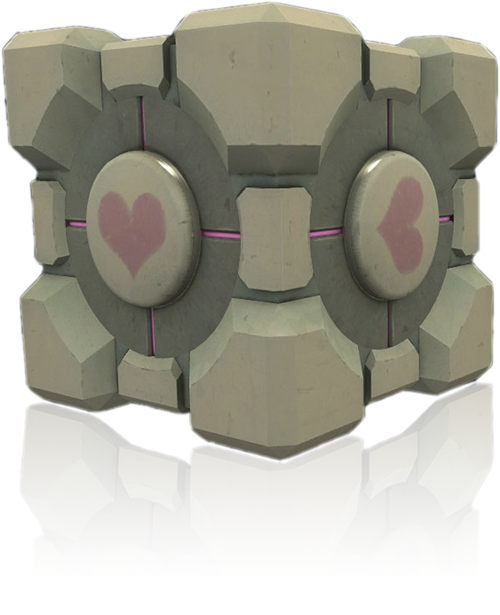This book is...different. As a small white female growing up in a typical Christian family in McFarland, it's hard for me to even begin to comprehend what Birdie has gone through. Where Birdie's parents are divorced, mine are still together and have the loving kind of relationship I want to have with my future husband. Where Birdie never sees her father and sister, I see both of my parents almost every day, and see my siblings almost as often. Where Birdie fights with her mom all the time, I get along very well with all of my family. Where Birdie has been faced with racial persecution on numerous occasions, and had to deal with racism, the greatest persecution I've faced so far is for being short, which isn't really all that bad since I don't really care about that. Where Birdie has been repeatedly uprooted and moved from place to place I've lived in McFarland my entire life. Where Birdie drinks and smokes, and her friends do likewise, my friend group and I have always avoided these habits.
The point is, this book isn't very relatable to me. I don't know what it's like for every adult character in my life to be a creeper, or what it's like for Birdie when a lot of that other stuff happens to her. However, this book is still extremely well written, and despite the fact my innocent and probably naive little head can't wrap itself around the idea of facing the issues that Birdie has, I can still feel for her and connect with her. That's really what makes this book so good. Birdie and I have almost nothing in common, outside of our age groups, but Danzy Senna has an amazing talent for connecting us to the feelings of rebellion or angst or sadness or happiness that all teens are at least on some level familiar with. I can't imagine running away from home, but I can relate to Birdie's frustration on a small level. I would never go out and get wasted on the weekend, but I can understand Birdie's want for social interaction. That's really the key to being a good writer: putting relatable characters in non relatable situations.
I have a really really good life that's never been anywhere near as chaotic as Birdie's, for which I am eternally thankful, and I know a lot of kids, even ones from McFarland face some of the problems that Birdie has in her life, but I think the point is, Danzy Senna can let even kids like me see what's it's like to be in somebody else's shoes, if only for a moment, and that's what's so cool about her writing.
Wednesday, January 14, 2009
Thursday, January 8, 2009
The Motif of Dogs and Contrast
I don't know if I'm the only one who notices this, but there seems to be a lot of talk about dogs in Caucasia. The book talks about Puddn'Head all the time. Nick blames the sound from the back yard on Puddn'Head. Puddn'Head barking nearly gets Jesse thrown off of Mr. Pleasure. The dog is there when Jesse and Sheila try to buy the house. Jesse thinks that a dog is licking her when Nick starts making his nasty moves on her. It just seems like dogs are talked about a lot in this book. I'm not sure if this means anything bigger, or if it's just realistic for the family dog to be omnipresent. It just seems like the dog is there, or something about dogs, all the time.
Another thing I've noticed in this book is that Danzy Senna uses the negative a lot to describe positive things, or vice versa. For example, when she talks about the fallen leaves on her street in Boston, she refers to them as fallen birds' nests. Fallen birds nests are definitely not good, but the image is used to describe something pretty, and neat, and organized, which is pretty contrasting if you think about it. Another time is when she describes the red and blue "veins" across the map. The idea of veins is pretty primal, with blood coursing through them, constantly pumping and what not as veins are wont to do. It makes things seem alive, which is why it's so weird to describe a map, which is just a wrinkled piece of paper living in the bowels of the glove compartment. It's not exactly what one would think of when thinking about something that's alive.
These are just some things I've noticed.
Another thing I've noticed in this book is that Danzy Senna uses the negative a lot to describe positive things, or vice versa. For example, when she talks about the fallen leaves on her street in Boston, she refers to them as fallen birds' nests. Fallen birds nests are definitely not good, but the image is used to describe something pretty, and neat, and organized, which is pretty contrasting if you think about it. Another time is when she describes the red and blue "veins" across the map. The idea of veins is pretty primal, with blood coursing through them, constantly pumping and what not as veins are wont to do. It makes things seem alive, which is why it's so weird to describe a map, which is just a wrinkled piece of paper living in the bowels of the glove compartment. It's not exactly what one would think of when thinking about something that's alive.
These are just some things I've noticed.
Subscribe to:
Comments (Atom)
